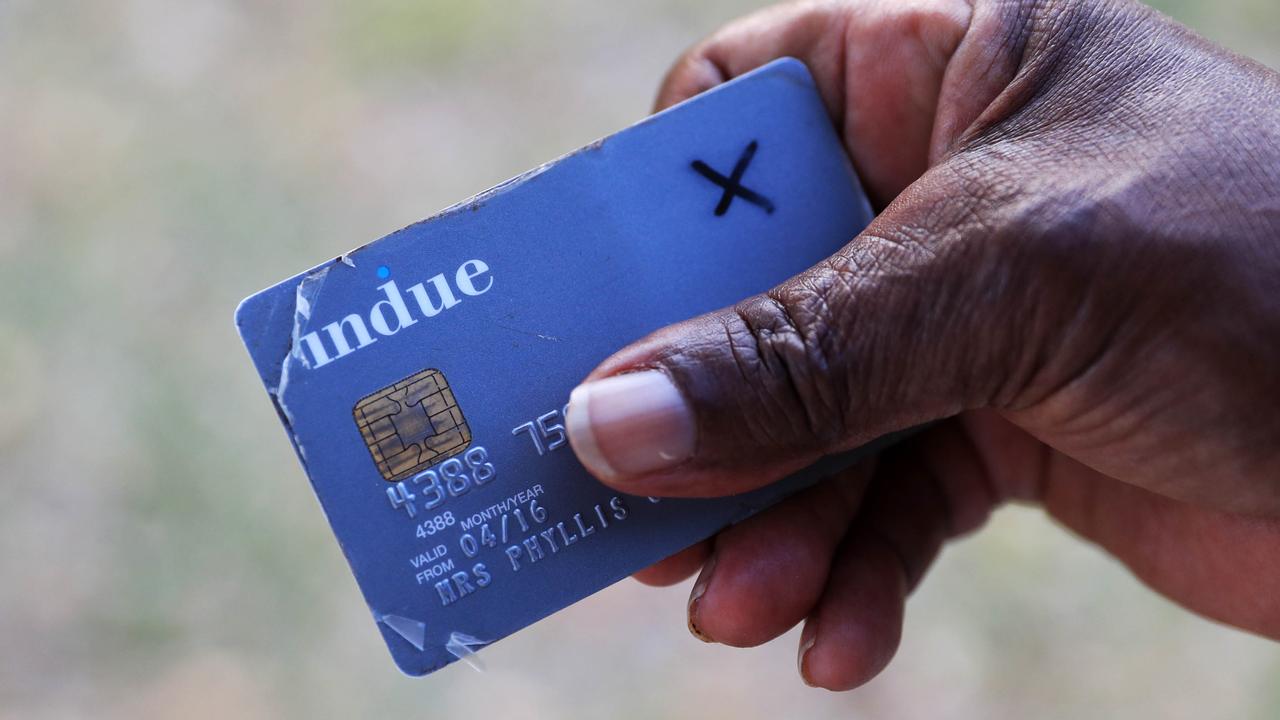Plan clears indigenous recognition hurdle
A plan for constitutional change to overcome one of the key roadblocks to national recognition of Aborigines will be unveiled today.
A plan for constitutional change to overcome one of the key roadblocks to national recognition of Aborigines will be unveiled today by one of the nation’s leading constitutional lawyers.
The plan, drawn up by Anne Twomey, aims to show that the nation’s constitutional arrangements can accommodate Aboriginal voices without eroding the supremacy of parliament.
Professor Twomey has drafted a proposed clause for the Constitution that seeks to give effect to a compromise that addresses the concerns of those who support recognition of indigenous people but believe it should not be allowed to alter the substantive operation of the Constitution.
That compromise, backed by Aboriginal leader Noel Pearson, aims to establish an indigenous advisory body on legislation concerning Aboriginal affairs and endorse the wording of a declaration recognising indigenous people that would be used on civic occasions. At a referendum due to be held in 2017, voters would also be asked to remove the “race power” from the Constitution and insert a new, narrower head of power to provide a foundation for laws on indigenous affairs.
The compromise would oblige the federal government to consult the new body on indigenous matters but it would not be required to accept its advice.
Professor Twomey, who is director of the constitutional reform unit at Sydney University, said the Pearson compromise had not included detailed wording and her draft clause aimed to foster debate so the plan could be refined. The draft clause will be published today in the online journal The Conversation. “The idea is to put some words out there so people can debate it,” she said.
The draft clause had the breadth to reassure indigenous people their voice would be heard but it imposed a narrow obligation on federal governments to reassure those who would be concerned about risk to parliamentary sovereignty, she said. It had been drafted in a way intended to make it “non-justiciable” — meaning it could not be the subject of appeals to the High Court. The declaration of recognition would not form part of the Constitution so that it too would be non-justiciable.
Professor Twomey’s initiative comes soon after constitutional lawyer Frank Brennan raised concerns about whether an indigenous advisory body could safely be established within the Constitution. Writing in The Weekend Australian last Saturday, Father Brennan supported the idea of an indigenous council to advise the federal government. But he believed it should be established by ordinary legislation instead of a change to the Constitution.
Professor Twomey said Father Brennan had made the sensible point that it would be difficult to establish an indigenous advisory body within the Constitution. “But this is trying to do it,” she said.
The draft clause would give the new body responsibility for providing advice to parliament and the executive government on matters relating to Aborigines and Torres Strait Islanders. The prime minister would be required to table the advice in parliament while the House of Representatives and the Senate would be required to consider it when debating proposed laws about indigenous people. Because parliament would only be obliged to consider advice that had been tabled, the advisory body would be unable to delay passage of legislation by declining to provide timely advice.



